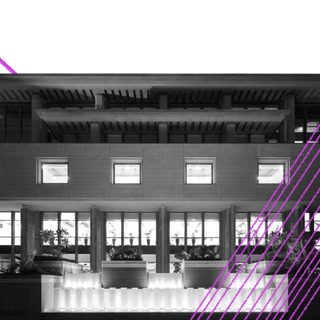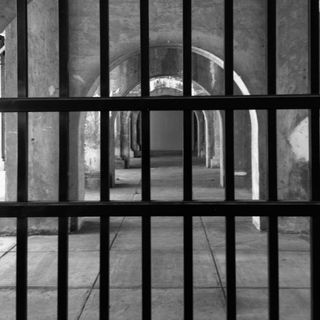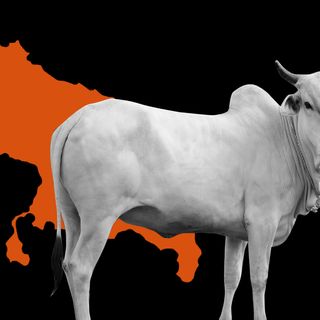The Supreme Court asked all states to find and report data on migrant workers’ children, in response to a plea that urged the court to take note of the children’s condition and protect their right to health and education.
“The unprecedented lockdown, the ensuing migrant crisis and the subsequent effect of the same on migrant children and their fundamental and human rights is conspicuous and an ongoing crisis,” an NGO called Child Rights Trust and a Bengaluru resident filed a joint petition. “Although there has been marked efforts by the respondents [government] to provide migrant workers with welfare measures, no report emanated from the Central or the State governments detailing relief measures extended to women and children who are stranded or in relief camps and quarantine centers at source districts.”
The plea further stated that the Covid19 pandemic and lockdown had a “discriminatory impact on migrant children and has aggravated their vulnerabilities,” highlighting thatfundamental rights ofeducation, health, and nutrition were denied to them.
Related on The Swaddle:
HRD Ministry Directs Government Schools to Admit Migrant Children Without Documentary Formalities
The present order coincides with the second wave of the pandemic; with many states imposing stricter restrictions and lockdown-like measures to control the spread. Reports of migrant workers returning to their home states echo the growing uncertainty and fear of a lockdown; their reverse migration further spells precarity for migrant children’s ability to access food, shelter, and education.
Urban cities become home to a vast number of workers who migrate from rural to urban areas in search of employment. India’s lockdown, which impacted more than 1.3 billion, gave people a four-hour notice; for migrant workers who rely on day-to-day wages for survival, and most had lost their jobs, this meant that many were stranded in cities with money, food, and even shelter. The Covid19 lockdown had a harrowing impact on stranded migrant workers — many called the resulting reverse migration the biggest humanitarian crisis in India since 1947. Morethan 1,000 migrants haddied due to non-Covid reasons by July 2020, according to both central government and independent data. Last year, the Supreme Court took suo motu cognizance of the migrant crisis — an action taken only when the court receives information about the violation of rights or breach of duty via media/third party. The Ministry of Home Affairs only took cognizance of the issue and issued orders related to migrant travel one month after the lockdown was imposed.
The central government’s response to the migrant crisis last year was reflective of their neglect to factor in the interests of more than 454 million people — who work as laborers, drivers, construction workers, daily wage earners — and are key to the functioning of cities. This lack of care towards workers’ welfare shows how invisibilized their concerns are to lawmakers.
One can hope that the central government and the courts will ensure that migrant workers, and their families, receive the care and attention necessary to ensure survival, comfort, and a fundamental right to life.




